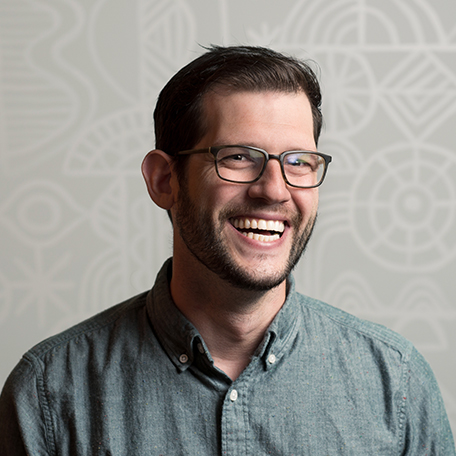
Josh Kenyon is one of the founders of the super-talented Portland agency Jolby & Friends. A few years ago he found himself at a crossroads when the previous agency he worked for shut their doors quite unexpectedly. At that point there was a decision to be made, a career-changing crossroads that had to be explored. With his skill set and experience, Josh could easily have gone to a new studio and started over. Yet, like many other designers, he wanted to try something different.
Taking the reins and starting a studio or agency can strike fear into the most talented designer. But, despite the risks and seemingly huge responsibility, owning your own studio can also be richly rewarding, deeply satisfying, and personally fulfilling in a way that the 9-to-5 and work-for-hire sets just can’t compare with.
I managed to spend a bit of time with Josh talking about the challenges he and Colby (his business partner and co-collaborator of the highest order) faced in the first few years of starting their studio. As a result, the following interview winds and wends through a variety of topics such as the need to embrace and take risks, dealing with fear and worry, and knowing when to expand. All being subjects that need to be discussed and faced before you hang that shingle.
If you’ve been on the fence about moving from the day-to-day grind of in-house work or the frenzied nature of freelance life to working with a small team as part of your own studio, then there’s loads of great advice contained in the following transcript. Who knows, it might be just what you’re looking for in order to get off that fence and dive into the deep end of the pool.
An Interview with Josh Kenyon of Jolby & Friends
Like many graphic designers you worked your way through the studio system before stepping out on your own. How did that experience of working for others at the start of your career prepare you (skills/knowledge) for stepping out on your own?
I never thought I’d start a studio. I was only out of school for six years when things changed. I’d been focused on being an art director and then an associate creative director, so I don’t know if I really thought too much about being on my own at that point. It’s actually something that if I could go back in time I’d listen more, ask more questions, and be a sponge to everything that was happening.
When I started college I was an animation major. I thought I’d go to school, get a job at Disney, and fulfill my childhood dreams. That of course didn’t happen, and I’m happy to say that changing majors was one of the smarter things I’ve done in life. When I switched over to graphic design it was like opening my eyes to a world I didn’t even know existed. I was so focused on being an animator I didn’t even realize that design was all around me. For instance, the idea that the letterforms I saw everyday were an artform, or that a gig poster was something that required layout out and thought. Who knew? I devoured everything “design” that I could while I was in school. I learned how to grind and push myself harder than I ever have. I looked to students and designers that were far better than me and worked my ass off to try to be better than them. It was a drive to become the best that I could. And that is something that has carried through to this day. It’s something that both Colby and I have used in all aspects of our business.
The other skillset that I learned was the importance of communication. Jolby is founded on great communication and when it’s not there, you can see it. A lot of what I learned about communication comes from my relationship with my wife. We’ve been married for almost 10 years and together for 17, and early on I realized just how important clear and honest communication was to our success and happiness. So, when Colby and I started Jolby in its early form as a side project making t-shirt designs, I pushed for us to be as open and honest as we could be to make sure that our partnership would stay strong.
I think that communication is the most important thing in a partnership. Without it you are asking for trouble.
Agreed. There is no need for more complication when you are starting a studio and learning how to work with a new partner.
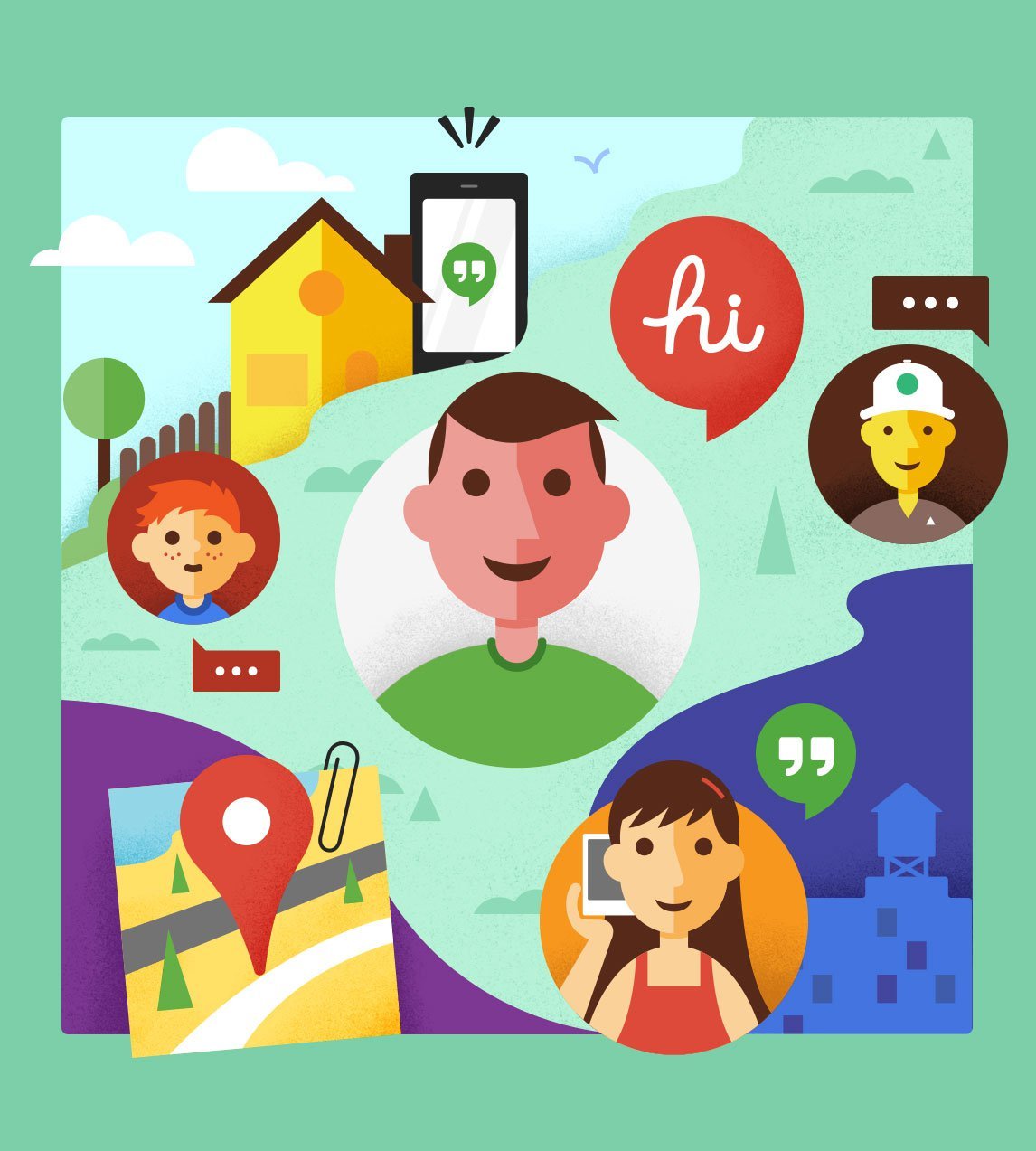
I was thinking about when we first met, you were working for Tangible Worldwide, which unbeknownst to everyone, would close up shop at the height of its success. What was it about your experiences up until then that helped you decide to team up with Colby and start Jolby & Friends?
Two years prior to us starting our business, Colby and I were already working on Jolby as a side project. We’d work after hours on art shows and small projects together, and we loved it! It was a side hustle that gave both of us a ton of joy knowing that we’d get home from work, get online, and talk and draw for hours. I was living in Chicago at the time and Colby was based here in Portland. We’d play SKATE together on Xbox and talk about how rad it would be to start a studio one day.
When I moved to Portland to work at the Tangible office, the reality of someday going off on our own became a daily topic. We dreamed that we’d be able to make the switch and there would be a huge line of clients waiting to dump cash and projects on us and we’d be set.
That didn’t happen, nor were we really as prepared as we thought to go off on our own. During this period the studio we were working for, Tangible Worldwide, fell on hard times and had to let everyone go in one day—a complete surprise. We had been planning at the time to start Jolby, but the need for it to happen quickly kind of fell in our laps.
I remember, we were in the layoff meeting and I texted Colby and said, “Are we doing this?”, to which he replied, “Yep”, and that was it. We left, went to my house, called our good friend to help build us a website, and we hit the ground running. We didn’t stop and think, we didn’t come up with a business plan, we just knew we wanted to work together. Our goal was to take the fun projects we were doing on the side and build a studio designed to keep doing those same types of projects.
Change is that all powerful motivator. What a great story.
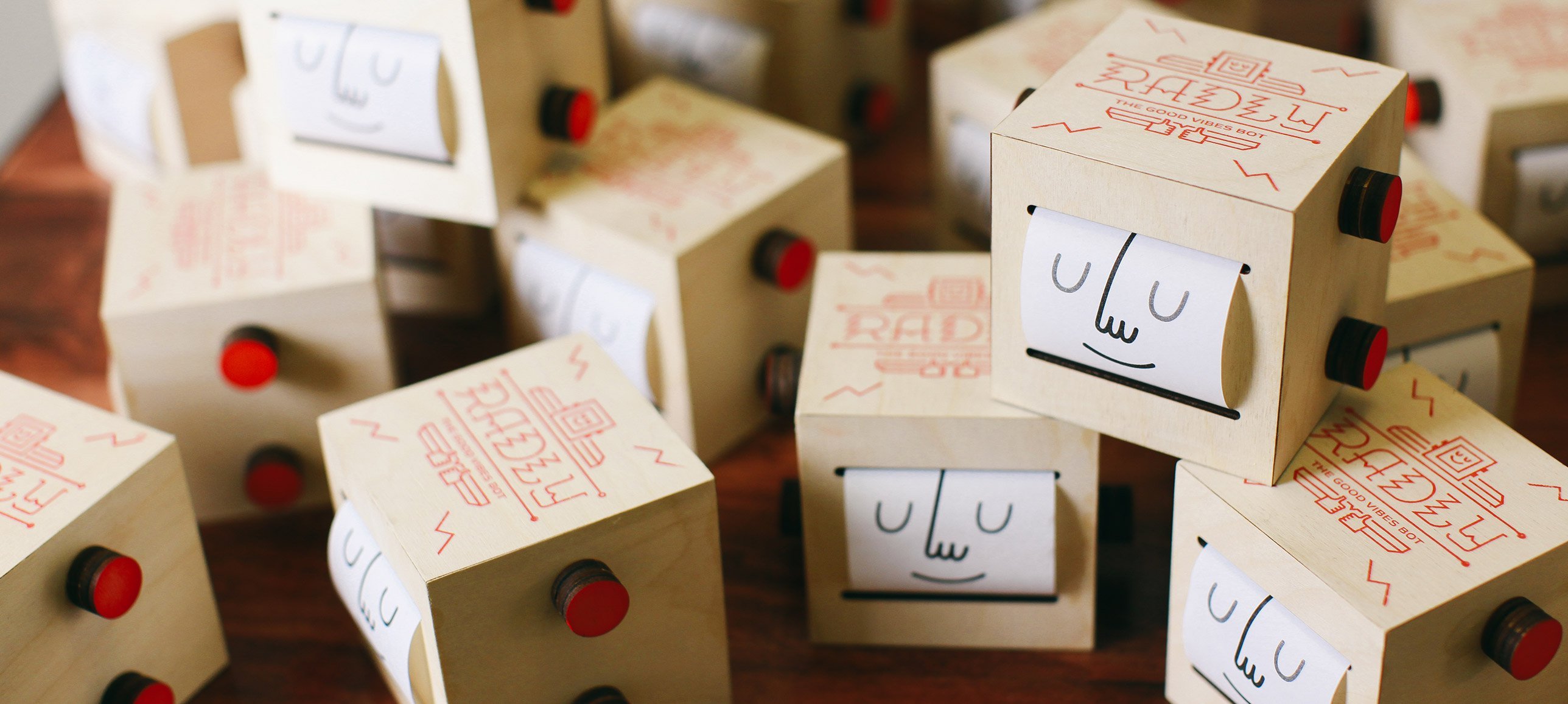
Now, I know there is a certain amount of fear and worry that many entrepreneurs face when starting out on their own. Did you experience that in the early days of the studio, and how did facing it help you grow as a creative and business owner?
Yep. Six years later I still do almost everyday.
We had no clue what we were doing. We didn’t know how to find work, estimate a project, invoice a client properly, nothing.
Prior to getting laid off I had just bought a new house, so fear of money (the lack of it) weighed heavily on me. Having Colby with me during that period was incredibly important. We were both in the same boat. We both knew we needed this to work or we’d have to get other jobs.
Alongside me was my wife who supported me through this insanely scary period of time, which was the support I needed. I put our new life and our new home at risk for this dream, and thankfully, she never let me feel anything but hope and support.
The first year held a lot of low moments for Colby and I. We struggled to figure out how to be a business that could make money and allow us to grow together. But, in the end, we did it. Everyday we’d talk about how scary this was. When we made costly mistakes we’d try to learn from them. This process allowed us to continue to grow stronger as partners largely because our communication was so solid.
Through fear we discovered a lot of the pillars and essential elements that would make the foundation for Jolby & Friends.
It sounds like you both had your priorities dialed in from the start, which is so needed when trying to get your legs under you.
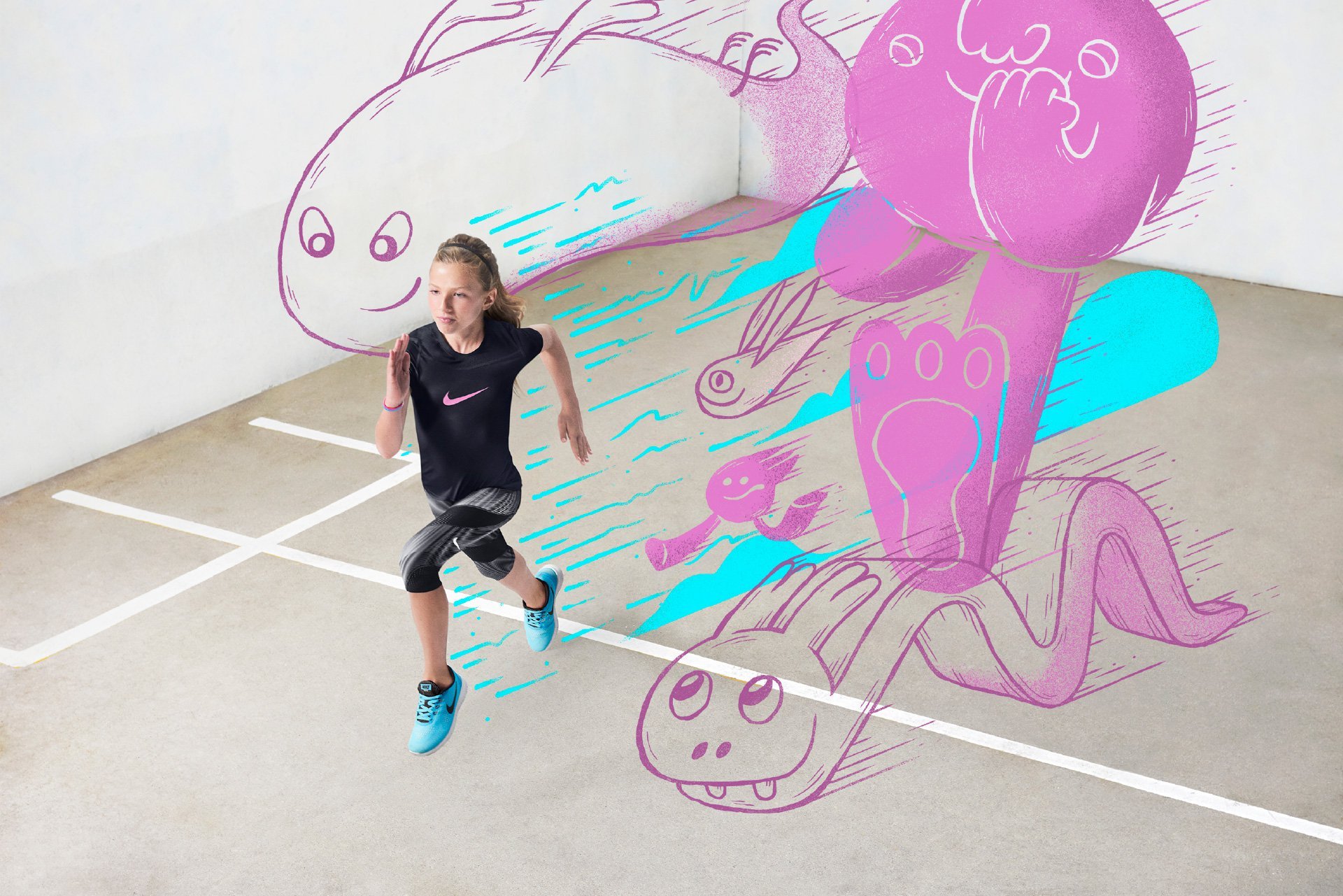
That makes me think about the aspect of risk in all this. Embracing risk is an essential skill that HAS to be developed when starting an agency. What are your thoughts on taking risks as it relates to starting a studio and how have you dealt with it?
I think taking risks is incredibly important when starting and maintaining a company. We’ve taken really good risks and really bad risks. As I mentioned earlier, when we started we had no clue what we were doing. We both knew this, and realized that we should probably talk with business owners to gain any insight that we can in hopes that we wouldn’t make bad decisions.
Something that was said to us in the beginning that really helped was, “No one has a right way of doing things. You won’t find the perfect solution or have a magic eight ball for the choices you make.” Which is true. This advice gave us the ability to try things that would otherwise have been overlooked because it might have felt silly, or unprofessional. We discovered how to find work based off risk. Our first employee was a risk and he’s still with us four years later.
Taking risks and learning from them has become part of our DNA. Without it we would have never worked with the clients we have, nor have the team we have today.
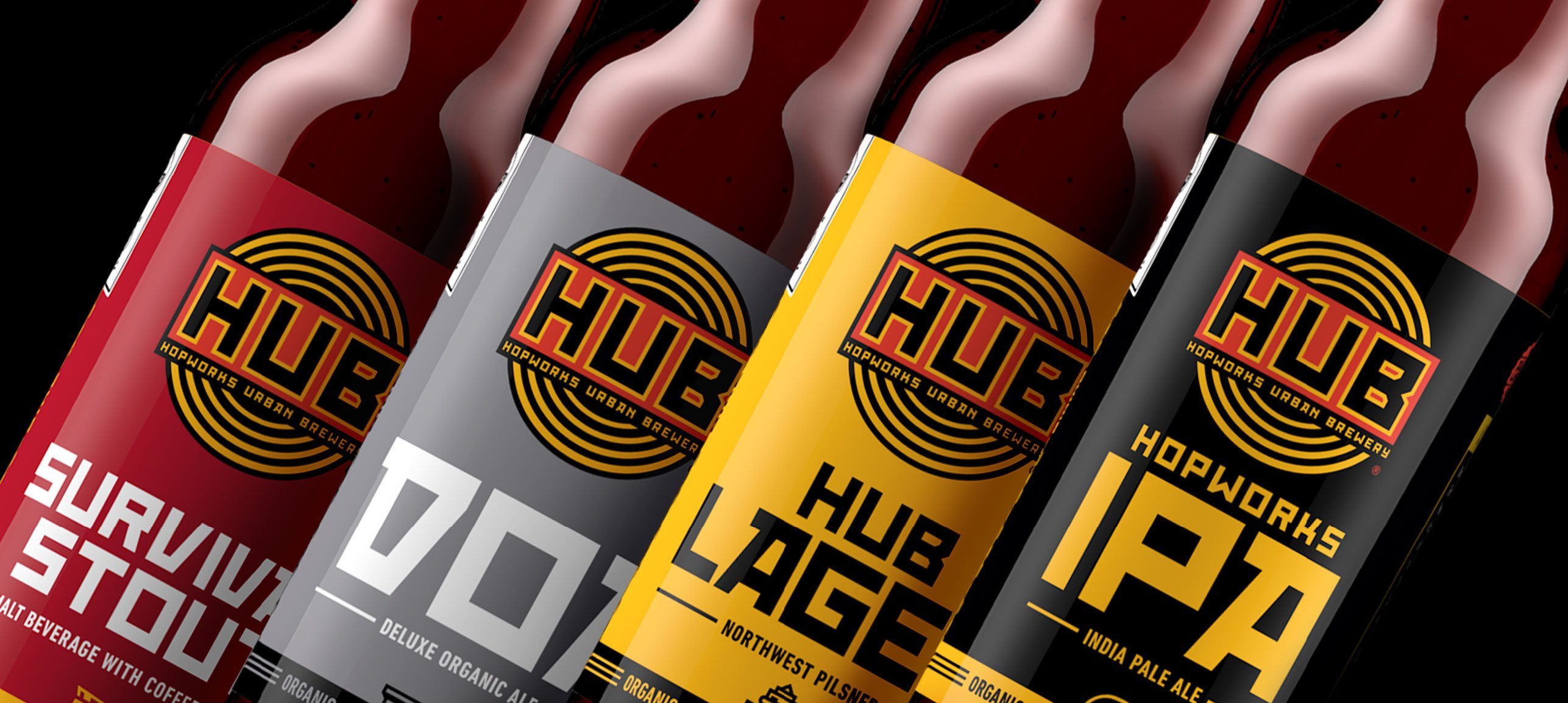
The studio has grown quite a bit since you started out. I counted 12 (very talented) people on the new website’s about page. Was growing beyond just you and Colby a scary decision to make, and how did you know it was time to expand?
Yes, it was a very scary move for us! It took us a long time to hire our first employee, Steven Kasprzyk, because we were so scared of what it meant. We both had gotten laid off because of money issues from our last job and that really scared us. It was something that we didn’t want to have to do to someone, so we thought we’d never hire anyone. I saw how hard it was on the owner of Tangible. How much it tore him up to let all his employees go, and that sticks with me to this day.
When we hired Steven we weren’t making that much money. In fact we were turning away work because we couldn’t figure out how to manage everything that was happening. That was the big turning point for us. Once we saw the need, we had an “easier” time making that leap to hiring him. It still took us nearly four months of meetings with him to pull the trigger, but we did it.
Identifying a need to bring someone on is still something we are learning. We know that we like organic growth that’s based off a need instead of an org chart. When we do bring someone on we make sure we will be able to sustain work and income for them. Because of this, we are still what you might consider a slow hiring studio. I never thought we’d have 10 employees that rely on Colby and I everyday. I really never imagined even having one, so I take each day and each challenge as they come.
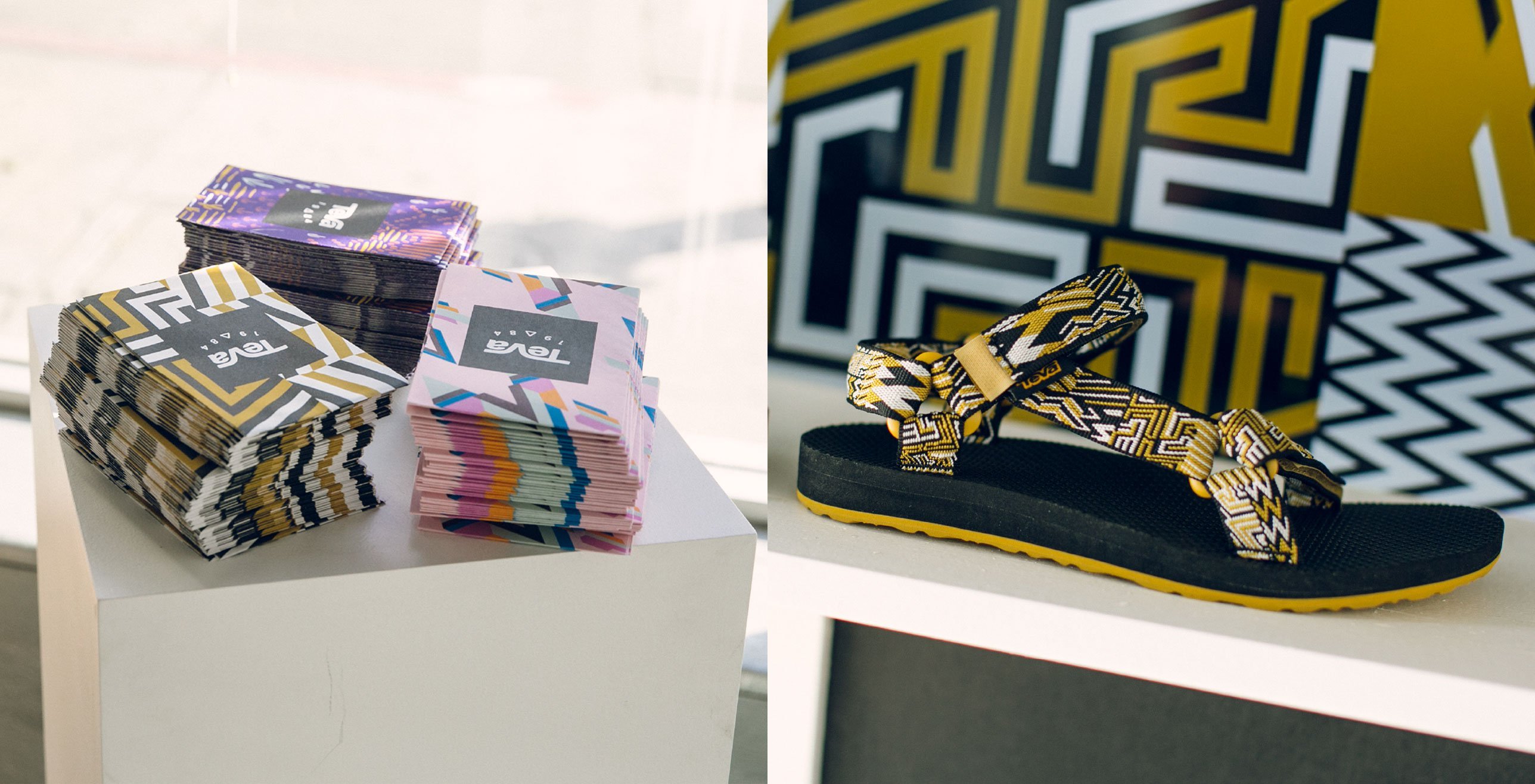
Getting things up and going and bringing in clients is always a challenge. It requires a certain amount of…well…let’s call it “hustle.” What was the early “hustle” like for you and Colby while getting things up and running?
Right off the bat, we hustle at pretty much everything we do. We had no clue what we were doing so everything came with a sense of, “you better figure this out, and quickly” mentality.
I took on the responsibility of developing new business—an aspect which I knew nothing about, but a role that needed to be filled. When we were dreaming of going off on our own we, rather naively, thought work would just pile up and we’d walk into a pretty cushy situation. That, of course, wasn’t the case and we had to really hustle to get work. I worked non-stop reaching out to potential clients and opportunities. I tried all kinds of different things to bring in work from cold calls, friends of friends, LinkedIn stalking to good old fashioned snail mail.
Hustle defined a lot of what made Colby and I fall in love with what we were doing in those early years. It got us to where we are today, and I don’t think that sense of urgency has left. Each year a new kind of hustle presents itself, and we as business owners have to figure it out.
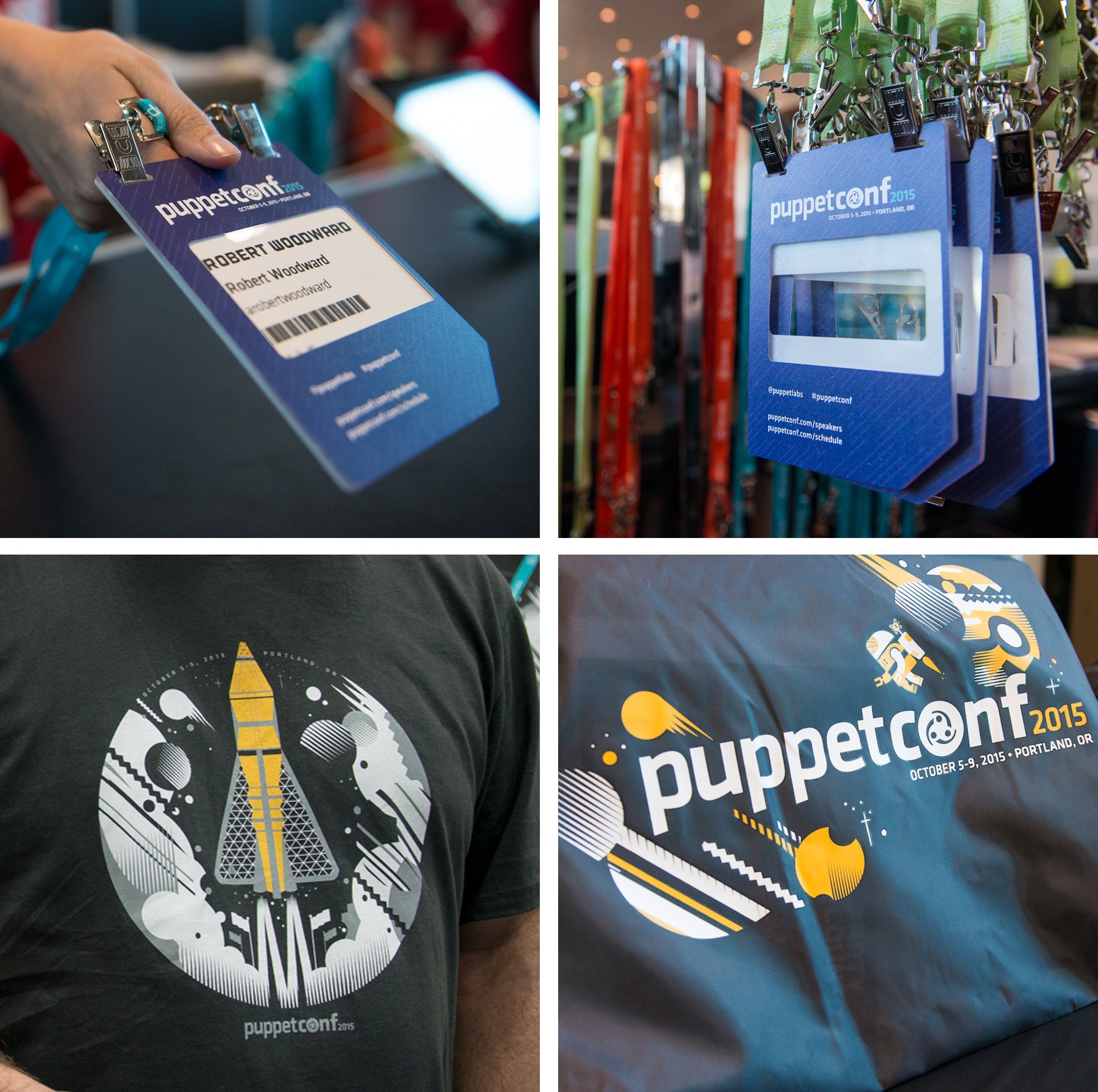
If you could boil down all the experiences you’ve had of owning a studio into some sage one to two sentence piece of advice, what would that be?
Know that there isn’t a single way to run a business. Find your way, continue to challenge yourself, and learn something new everyday.
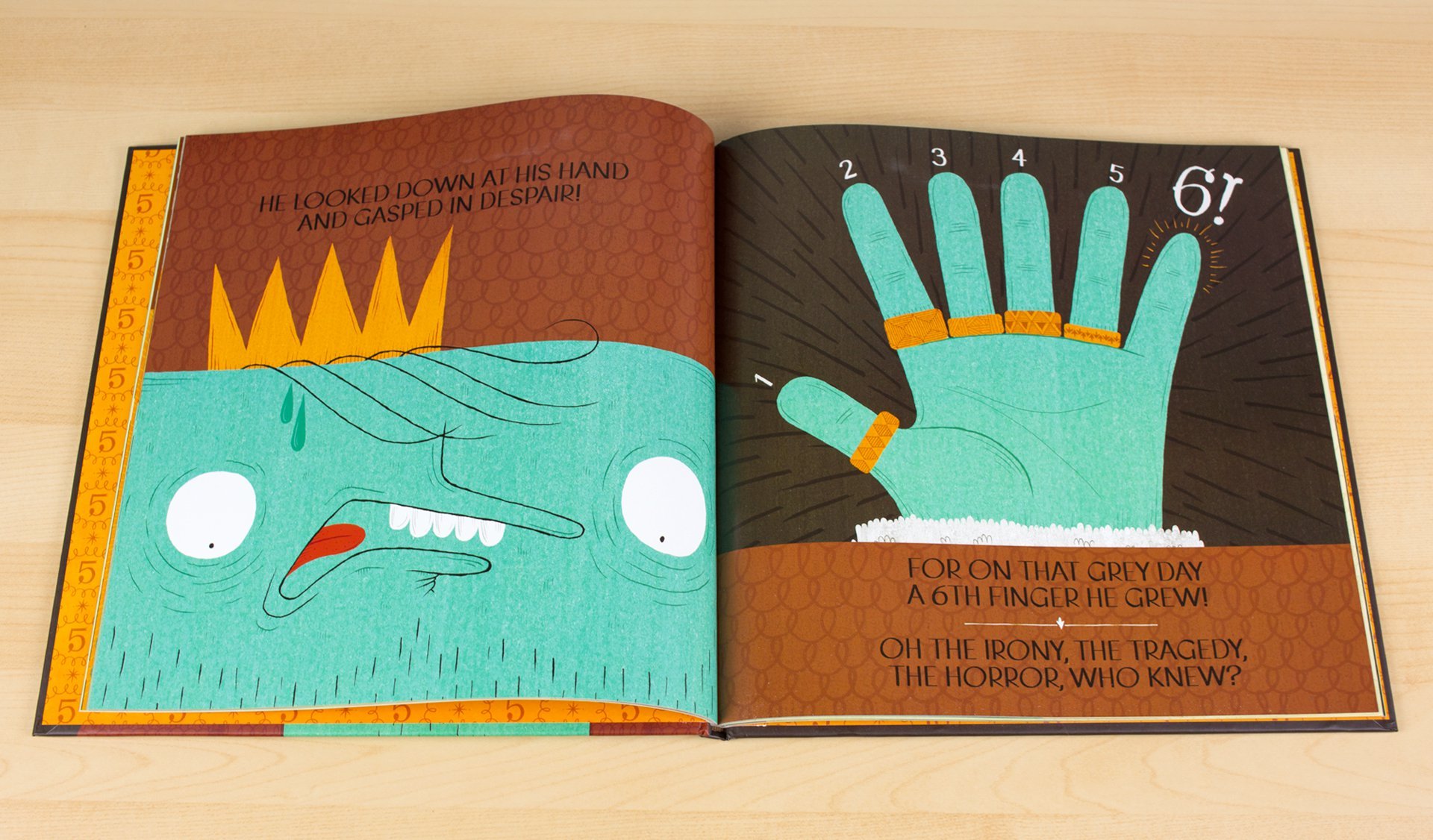
And what is the advice you would give to a designer on the fence about taking the first step in starting their own studio?
Gain as much experience as you can before you go off on your own. Learn as much about the business of your craft as the craft itself. There is never a GOOD time to go off on your own, but your gut will direct you and tell you when it’s right. Trust your gut.
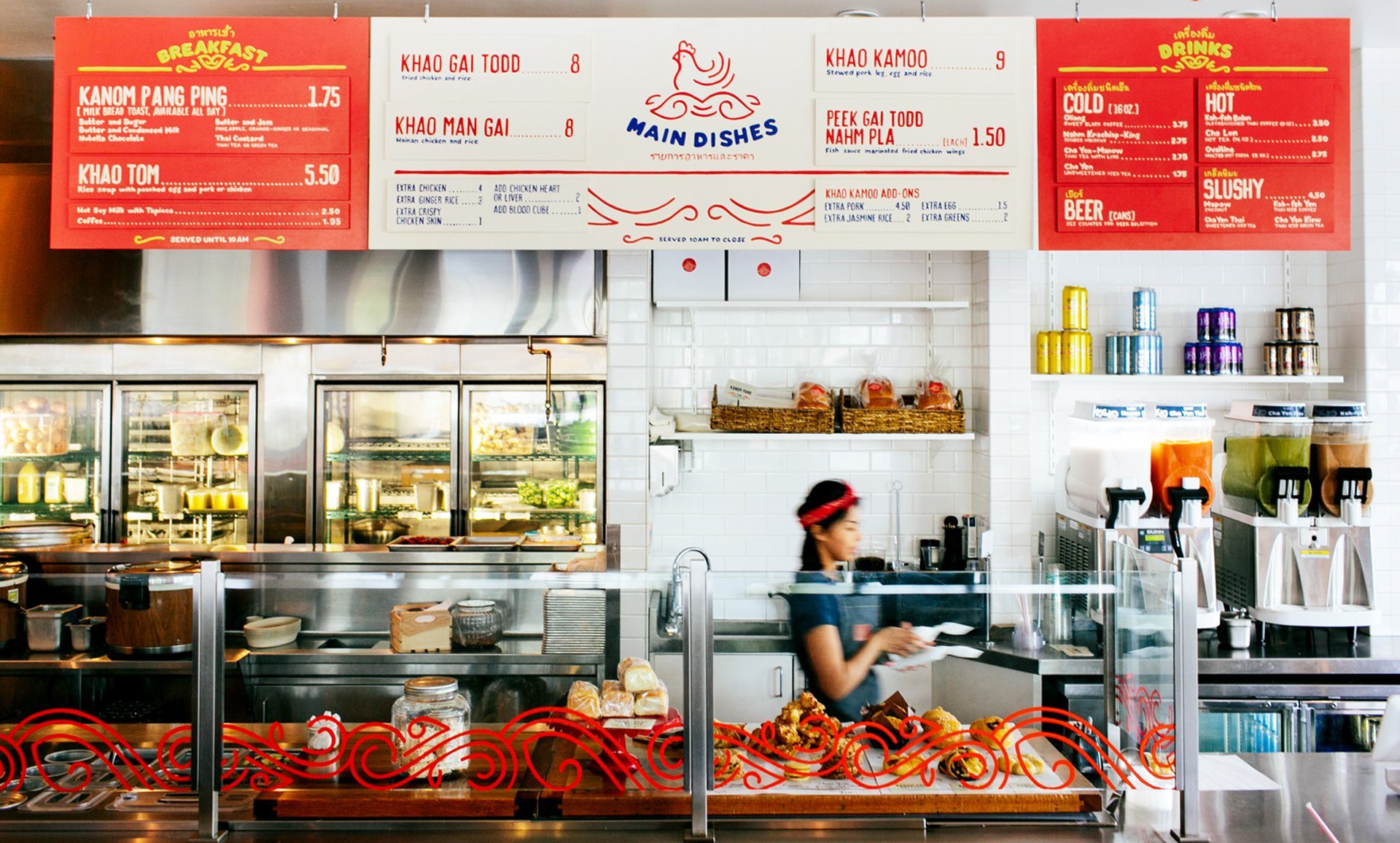
Finally, why has this journey of striking out on your own and building a successful studio from the ground up been worth doing?
Because Colby and I did it together. I couldn’t have done it then, or now, on my own. We learned how to run a business together—every step, every success, and every failure. That journey has made a huge impact on my life. We have no idea where it will take us next, but regardless of what happens in the future, I’d never want to go back and change that day when we decided to start Jolby.
“Are we doing this?”
“Yep.”
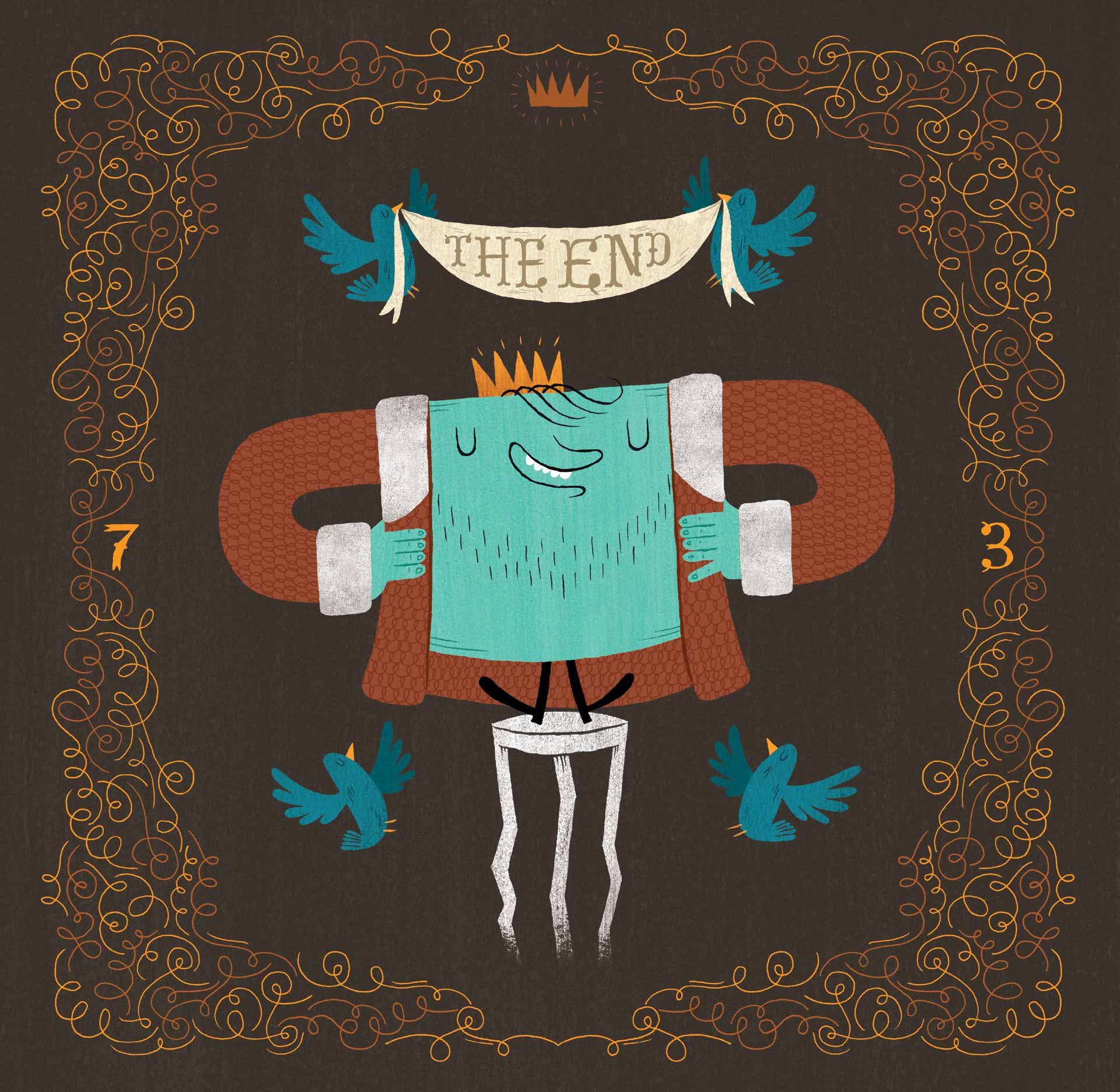
– – –
 Erin Lynch is a designer, writer, and educator living in Vancouver, WA. He owns the design studio, Shop, and is an editor at The Portland Egotist. Reach out and make friends on Twitter: @erinlynch.
Erin Lynch is a designer, writer, and educator living in Vancouver, WA. He owns the design studio, Shop, and is an editor at The Portland Egotist. Reach out and make friends on Twitter: @erinlynch.